Sharon Batiste Gillins a descendant of enslaved ancestors and Cheri Hudson Passey a descendant of enslavers share how to overcome emotions and other obstacles to work together to connect families.

Already a member? Log in

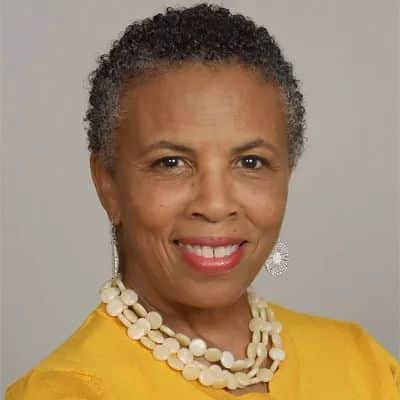
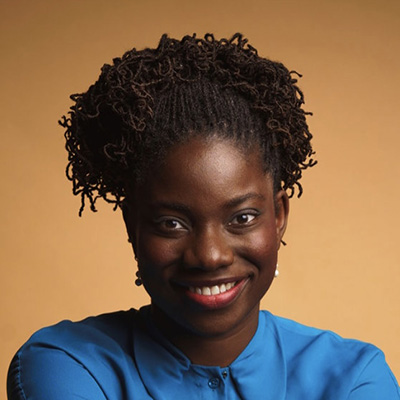
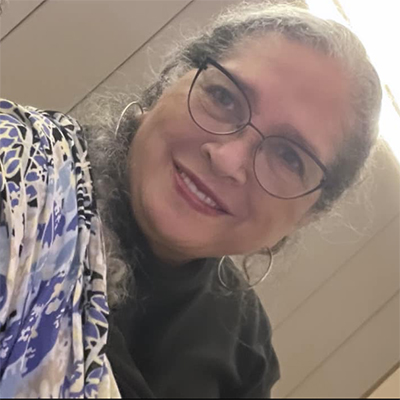
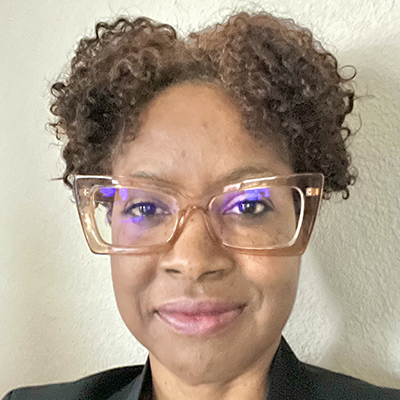
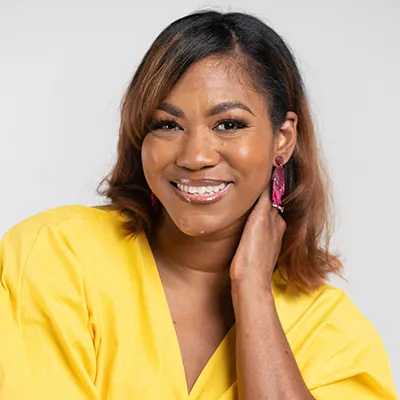
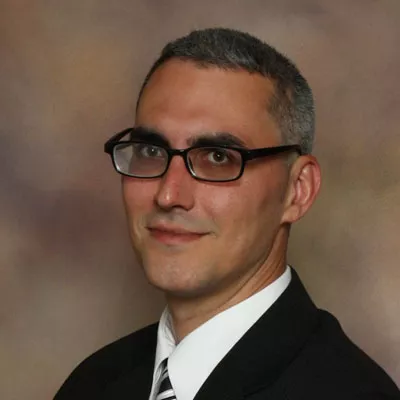


You should receive a confirmation email with a link to the webinar soon.
You’ll also receive a reminder both the day before and one hour before the webinar begins.
Didn’t receive a confirmation email?
You successfully registered for %s.
You should receive a confirmation email with a link to the webinar soon.
You’ll also receive a reminder both the day before and one hour before the webinar begins.
Didn’t receive a confirmation email?
To ensure a smooth, high-quality webinar experience, check the quality of your internet connection.
On the day of the webinar, connect 30–40 minutes before and turn off any background software. If you can’t tune in live, you can view the recording later in the Webinar Library. If joining via a mobile device, be sure to first install the free GoTo app.
Questions? Contact us or read our FAQ.
It looks like you’re already registered for this webinar
You can register for another webinar.
Didn’t receive a confirmation email?
It looks like you’re already registered for these webinars
You can register for another webinar.
Didn’t receive a confirmation email?
Something happened on our end, sorry about that
We were unable to complete your registration.
Please try again later.



 Syllabus
Syllabus
 Chat Log
Chat Log
Well done, Sharon and Cheri, you are a model for others to follow! Two other resources people may be interested in: Linked Descendants Group of Coming to the Table: https://comingtothetable.org/linked-descendants-working-group/ and the WikiTree US Black Heritage Project which has over 140,000 profiles of people and includes categories by county to aid searches: https://www.wikitree.com/wiki/Project:US_Black_Heritage
One point of clarification. I was aware of the Mary Moody Northen Endowment through a footnote in the book Bound Away by David Hackett Fischer and James C. Kelly about 10 years before the article on Uncle Bacchus was published. At the time I was seeking more information on how and where the Moody Family acquired my enslave Ransom ancestors. I reached out to the Endowment regarding access to their archives. However I wasn’t sure if traveling there to conduct research would be productive.
After the publishing of the article, I reached out to the endowment to share the research I had on Bacchus Robertson (Uncle Bacchus). I’m talking Sharon Batiste Gillins about Bacchus, she asked if I was related to the Ransom Family. She then shared a document with me and strongly encourage me to come to Galveston, Texas.
There are some people who are descended from both, whose families were already blended by marriage prior to the Civil War, and who still identify with both ancestries. Where do we fit in this discussion if we do not choose a side?
Why choose? Why not both? As Walt Whitman wrote: I contain multitudes. I have about 2% sub-Saharan African DNA but I don’t know where it came from, so I can only help from the perspective of a descendant of enslavers. If I had more info on where that DNA came from, I could do both, But I can and will help anyone any way I can.
great
I have learned so much today! I watched a couple of webinars that I thought I might not relate to but found fascinating and useful information. I love the family history work and am grateful to have gathered seriously valuable. Thank you so much for providing these for us.
This was very helpful in giving me suggestions as to where to go next in trying to further research who my Virginia ancestor’s (Akers) family slaves were and what happened to them after both the Akers (husband and wife) died just before the Civil War broke out. My great grandfater was 15 when the war began and he ended up in the Union Prison in Boston (which may have saved his life) and then joined the US Army after the war ended and then came to San Francisco.
Excellent webinar by Cheri Hudson Passey and Sharon Batiste Gillins I hope it gets a lot of views because it was very informative.
After researching my family history for almost 50 years and as a descendant of an enslaver, this webinar has been a door opener for future research gathering and new family associations …. thank you Sharon and Cheri for a great webinar.